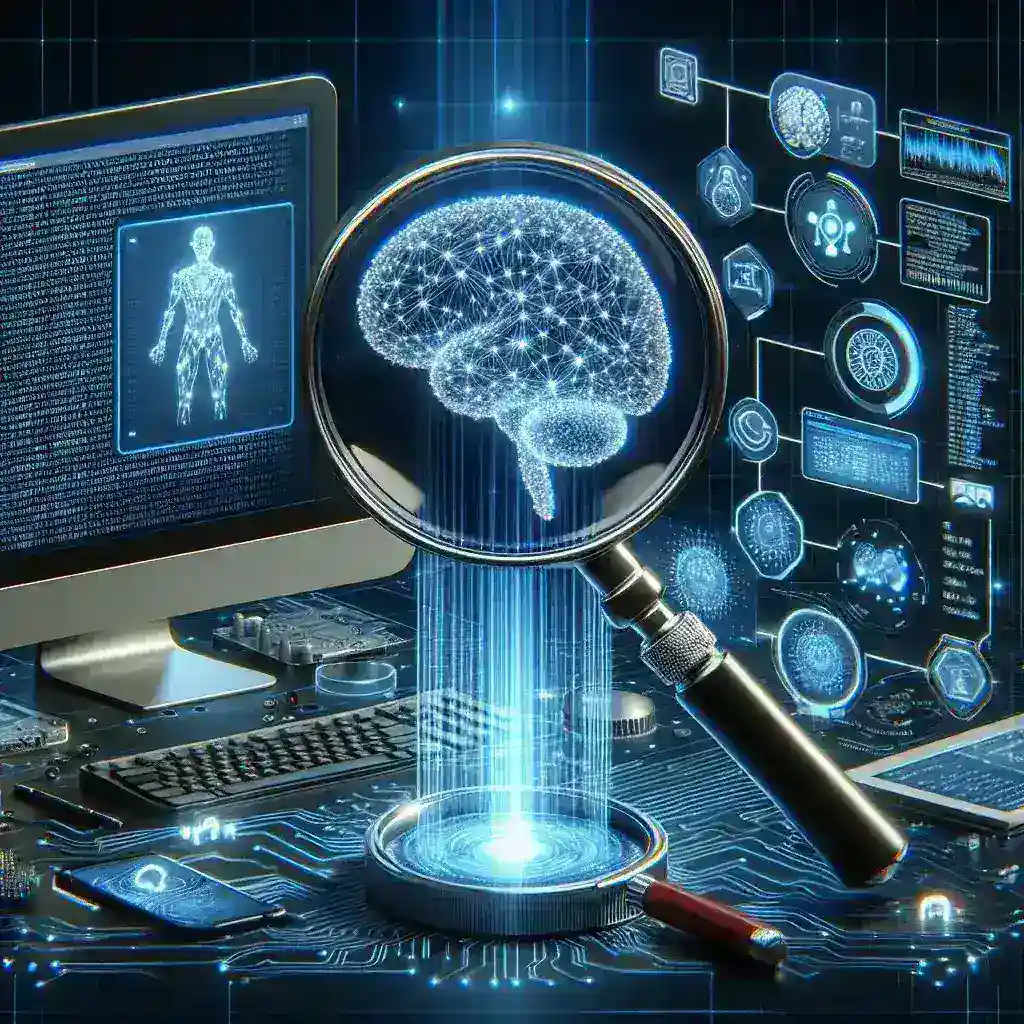Introduction
In the digital age, the increasing prevalence of cybercrime has made digital forensics essential for law enforcement and organizations. As the complexity of data breaches and cyber-attacks grows, traditional forensic methods are often insufficient. This is where Artificial Intelligence (AI) comes into play, significantly enhancing the capabilities of digital forensics.
The Role of AI in Digital Forensics
1. Data Analysis
One of the primary benefits of AI in digital forensics is its ability to analyze vast amounts of data quickly and accurately. AI algorithms can:
- Identify patterns and anomalies in data.
- Classify and categorize digital evidence.
- Provide insights that might be missed by human analysts.
2. Automated Evidence Collection
AI technologies streamline the evidence collection process. Tools powered by AI can:
- Automatically gather relevant data from various sources.
- Ensure data integrity and chain of custody.
- Adapt to new sources of data rapidly.
3. Enhanced Predictive Analytics
AI can enhance predictive analytics capabilities, helping forensic experts to anticipate future attacks by:
- Analyzing historical data to identify potential future threats.
- Utilizing machine learning models to improve predictive accuracy.
4. Natural Language Processing (NLP)
NLP allows AI systems to process and understand human language, making it useful for:
- Analyzing documents and communication for relevant information.
- Extracting insights from unstructured data sources, such as social media.
Benefits of AI in Digital Forensics
1. Increased Efficiency
AI enhances the efficiency of digital forensic investigations. By automating repetitive tasks, forensic experts can focus on critical analysis and decision-making.
2. Higher Accuracy
AI-driven tools reduce the chances of human error, leading to more accurate findings and better-informed conclusions.
3. Real-time Analysis
With AI, digital forensics can take place in real-time, enabling faster responses to cyber threats and enhancing the overall security posture of organizations.
Challenges and Considerations
Despite its advantages, the integration of AI into digital forensics does present challenges:
- Data Privacy: The use of AI must comply with privacy regulations to protect individuals’ rights.
- Complexity: Understanding AI algorithms can be difficult for professionals without a technical background.
- Dependence on Technology: Over-reliance on AI tools might lead to a decline in traditional forensic skills.
Conclusion
AI is revolutionizing the field of digital forensics by providing powerful tools that enhance efficiency, accuracy, and the overall investigative process. While challenges remain, the ongoing development and integration of AI technologies are essential for tackling the increasingly sophisticated world of cybercrime. As digital forensics evolves alongside AI advancements, the future looks promising for investigators and organizations committed to protecting their data and systems.

